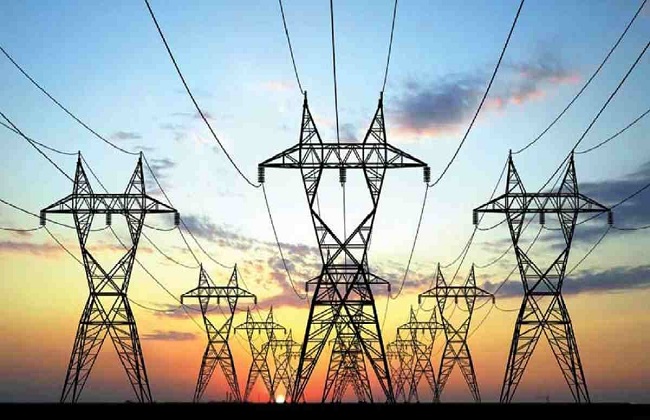
Power-plant owners have demanded a unified tax measure for all types of imported fuels to remove discrimination existing in the sector and ensure a level playing field.
Bangladesh Independent Power Producers Association (BIPPA) has sent a letter recently to the National Board of Revenue (NBR), seeking a unified tax, value-added tax (VAT) and customs duties for all types of fuels at 22 per cent.
The national exchequer would bag around Tk 190 billion more as taxes from this sector until 2030 if the harmonised tax measure is implemented.
The BIPPA also demanded introduction of 10-15 per cent taxes and import duties on imported electricity.
Under the existing tax measures, only 5.0 per cent tax and import duties are applicable on imported coal, 22 per cent for imported liquefied natural gas (LNG) and re-gasified LNG (RLNG) and 34 per cent for high sulfur fuel oil, or furnace oil.
The import of electricity is currently enjoying ‘zero’ tax.
“Local IPPs are unfairly discriminated,” the BIPPA letter stated regarding higher import taxes on furnace oil as many power plants are furnace oil-based.
The lower rates of customs duties and taxation promote the use of environment-polluting coal for electricity generation, it said.
If a unified tax measure is implemented, the electricity generation costs from almost all the power plants will be almost similar, said the BIPPA letter.
It said electricity generation costs of RLNG-fired power plants will be Tk 13-14 per unit (1.0 kilowatt-hour), coal-fired power plants Tk 15-16 per unit and furnace oil-fired power plants Tk 13-14 per unit.
When contacted, BIPPA President Faisal Khan said that currently the furnace oil suppliers are required to pay 34 per cent customs taxes and duties at the import stage.
He said this huge amount is reimbursed by state-run Bangladesh Power Development Board (BPDB) after the fuel reaches the power plant, consumed to generate electricity, bill after the end of the month, and then wait four to eight months for payment from the BPDB.
“So almost six to 10 months after the payment of 34 per cent tax, do the IPPs get reimbursed by the BPDB,” Mr Khan added.
“In this high interest rate regime, the IPPs can’t afford to bear the interest on the 34 per cent tax financing on behalf of the BPDB,” he added.

